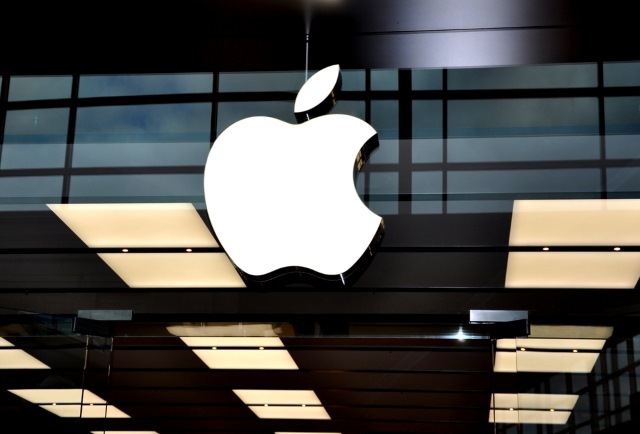
Seven things I learned from Apple's WWDC 2016 keynote
Apple's annual developer conference is underway in San Francisco. Yesterday's opening keynote was the best since before cofounder Steve Jobs' death nearly 5 years ago. While pundits poo-poo what's missing (shiny gadgets), new and improved software and services matter more—and they showcase priorities properly placed.
CEO Tim Cook kicked off the event, by asking attendees to stand and offer a moment of silence for the mass murder victims the previous day in Orlando, Fla. Forty-nine people are confirmed dead and as many hospitalized from the nightclub shooting. He then went on to lay out a clear agenda for the keynote and the conference—four platforms: iOS 10, macOS "Sierra" (formerly OS X), tvOS 10, and watchOS 3.
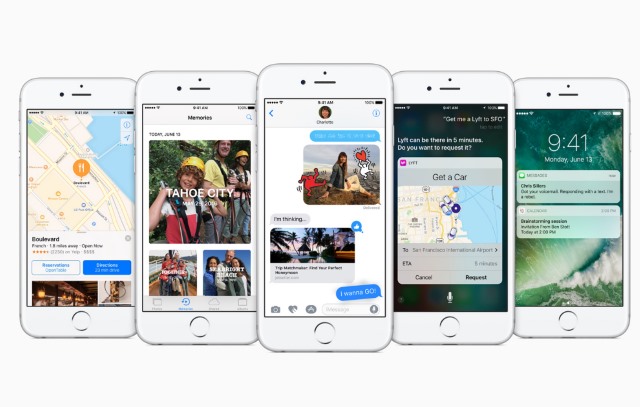
Apple doesn't seem to have decided which devices will support iOS 10
When Apple announced iOS 10 yesterday, there was one question that people around the world were asking themselves: will my device run it? The company sent out rather confusing signals yesterday in answer to this question.
Slides shown during the announcement presentation revealed the iPads, iPhones and iPods that will be able to upgrade to iOS 10. But the official iOS 10 preview page told a different story. Devices that were previously absent from the support list -- such as 3rd generation iPad -- were suddenly listed as supporting iOS 10. Now Apple has changed its mind again, and updated the list once more.
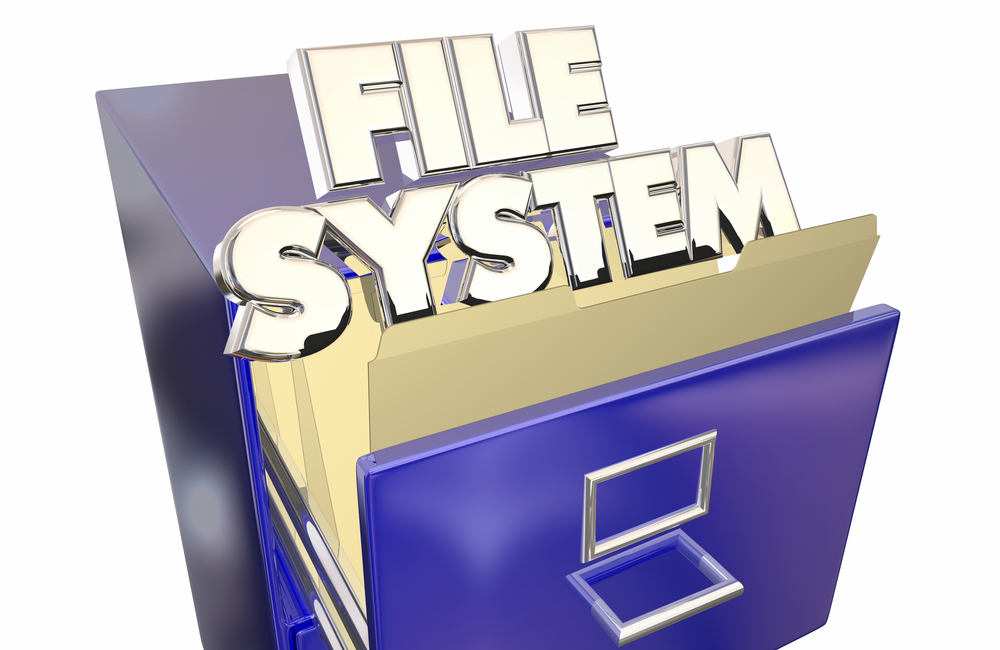
Encryption-focused Apple File System (APFS) replacing HFS+ on macOS, iOS, tvOS, watchOS
Apple was quite boisterous at WWDC today regarding its operating systems and services. Quite frankly, I was blown away at all the ways the company is looking to improve its customers' lives, but some folks were apparently underwhelmed. Oh well, you can't please everyone, I suppose.
For some reason, Apple was fairly quiet about one huge change -- it is replacing the HFS+ file system. Based on the more-than-30-year-old HFS, it is apparently time to move on. What is the upcoming file system called? The unimaginatively "Apple File System". The encryption-ready file system will be used on macOS, iOS, tvOS, and watchOS.
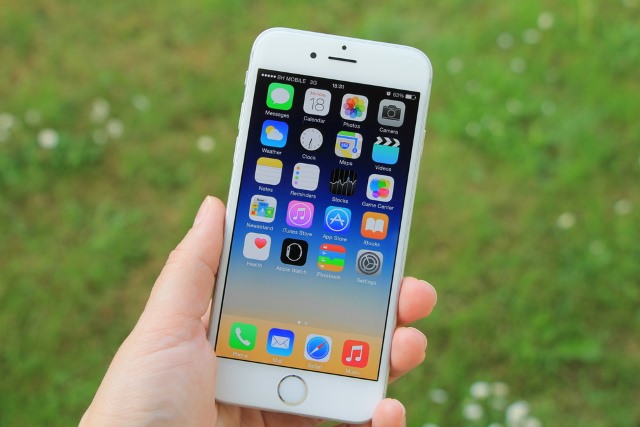
Finally! iOS 10 lets you remove built-in apps like Stocks
It’s something that many iPhone and iPad owners have asked: just how the hell do I delete the pointless Stocks app? With iOS 10 there's no need to go as far as jailbreaking your beloved device, as Apple is making it possible to delete no fewer than 23 of the built-in apps.
That useless Stocks app? Gone! The News app you never use? History! There are many reasons for wanting to banish these apps. Apart from not using them, you might want to free up screen space by getting rid of unnecessary icons. You might feel you can free up a bunch of storage space -- but Apple insists that "the apps built into iOS are designed to be very space efficient, so all of them together use less than 150MB". Whatever. The point is: you can now delete them!
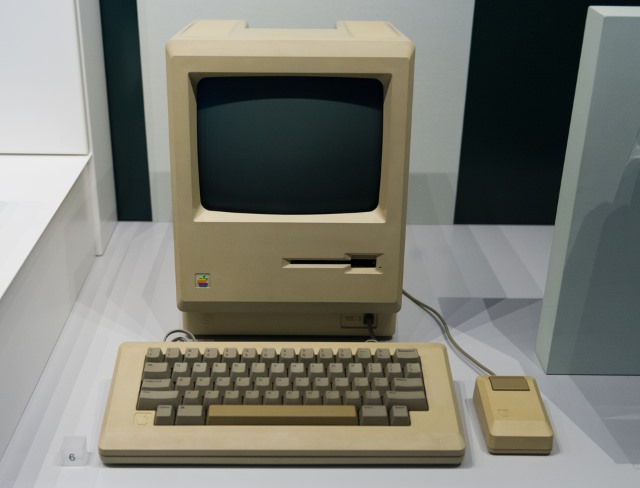
With iOS 10 and macOS Sierra, Apple drops support for many older Macs, iPhones and iPads
With Apple's software announcements today, the focus has been on what is new and exciting. But with (just about) any operating system update, there is a darker side: the older devices that slip into oblivion, never to be updated again.
It's no different with iOS 10 and macOS Sierra. On the mobile front, Apple is giving up on the A5 chip, meaning that a number of iPhones and iPads are not going to support the latest version of iOS. It’s a similar story for Mac and MacBook owners -- older devices simply aren’t going to get the goodies.
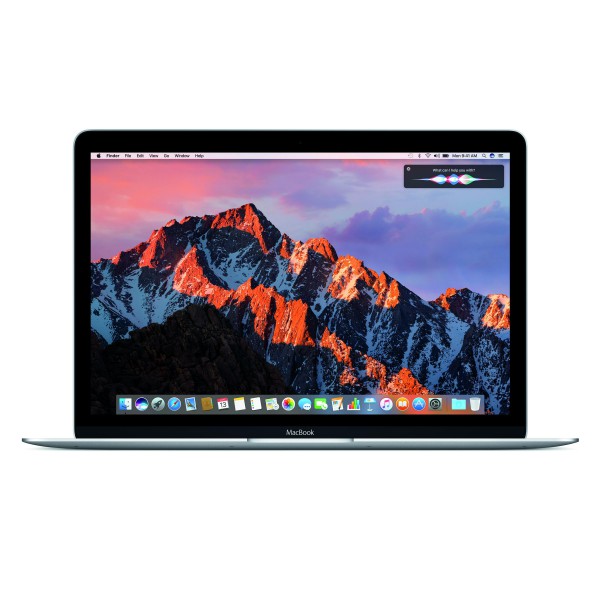
Apple renames OS X to macOS -- upcoming 'Sierra' version will get Siri, Apple Pay, and more
If you are wanting a desktop operating system, you largely have two options -- Windows or OS X. To a lesser extent, consumers can opt for Linux-based operating systems, such as Chrome OS or Ubuntu, but Apple and Microsoft's offerings reign supreme. While OS X is arguably more elegant than Windows, it only comes installed on Apple's expensive hardware. Microsoft's OS is the best option for those on a budget.
One thing that was not elegant about OS X, however, was the name. It was not in line with the company's other operating systems -- iOS, watchOS, and tvOS. Not to mention, the 15 year old "X" branding was getting a bit long in the tooth. Today, Apple renames it to macOS, while also designating a new code name to the upcoming version -- Sierra. It looks to be the best Mac operating system ever.

Apple focuses on new features and privacy in iOS 10, while opening up to developers
It's what Apple is describing as 'the biggest iOS release ever'. Whether everyone else agrees remains to be seen, but today the company took the wraps off iOS 10 -- and there's certainly a lot to take in. Perhaps the most notable change, for developers at least, is the fact that Siri has been opened up so that it can be used by third party apps.
Messaging has become more important than ever in recent years, and this is something that Apple recognizes with iOS 10. Taking design cues from the likes of Facebook and WhatsApp, the Messages app now includes full screen animations, and there's a neat new feature that means you can handwrite messages.
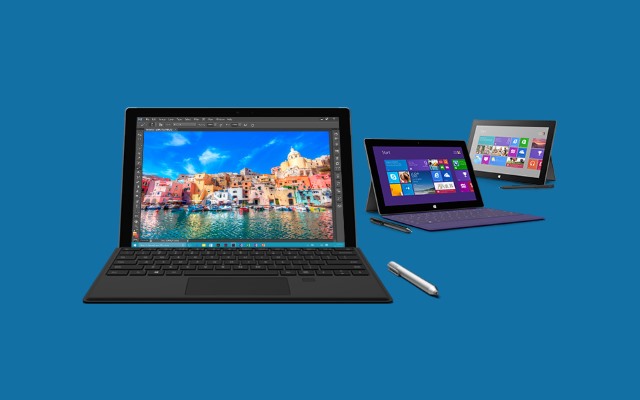
Microsoft sells 1.1 million Surface units in Q1 2016
Two-in-one and pro slate devices have earned their vendors higher revenue, managing to stabilize average selling prices, a new report by Strategy Analytics says.
The report, entitled "Global Tablet Vendor & OS, Unit & Value Market Share by Region: Q1 2016", says Microsoft and Apple sold more than a million of their pro slates last quarter.
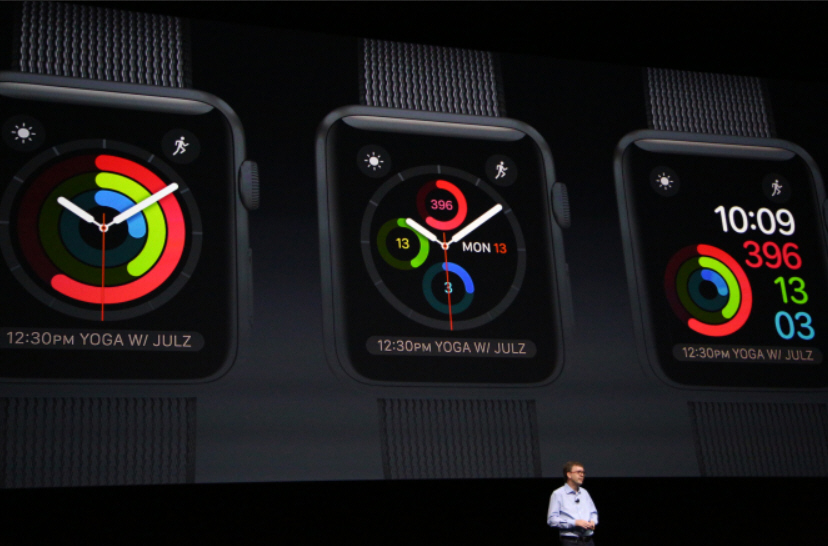
With watchOS 3, Apple finally gets Watch right
I’m an Apple Watch owner, but I’m not really an Apple Watch wearer. Like a lot of people, I’ve found Apple’s first wearable to be useful, but far from essential. I’ll wear it occasionally -- usually when I’m exercising -- but most of the time it just sits on the side, charging.
With watchOS 3, Apple has actually made me excited again for the Apple Watch. So what’s new?

Is Microsoft trying to steal Apple's WWDC thunder?
Timing is everything, particularly in business marketing tactics. Surely it's no coincidence that hours before Apple's big developer conference, where questions about iPhone's future and product innovation loom large, that Microsoft announces plans to buy social network LinkedIn. Hehe, how do you like them apples?
The merger will split tech news and analysis coverage this fine Monday and spill over to tomorrow, robbing Apple of the attention it needs now to subdue rising negative perceptions about the future. Global smartphone sales are slowing and iPhone accounts for 65 percent of total revenues. Meanwhile, the fruit-logo company hasn't perceptually lifted the innovation meter since before cofounder Steve Jobs died nearly five years ago. Apple needs to deliver wow and have bloggers and reporters giggle with glee all over the InterWebs.
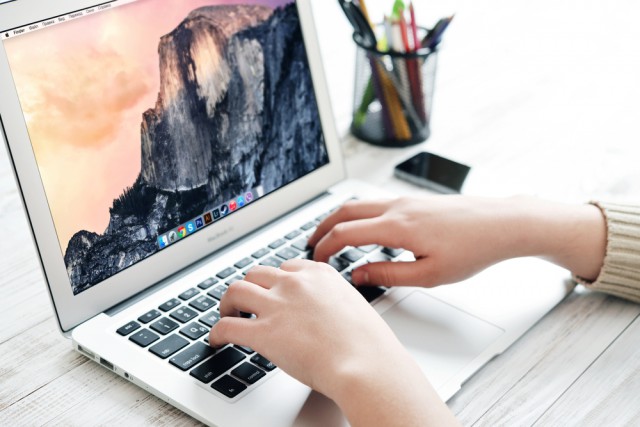
How to automatically mount a network drive on Mac OS X
To quickly and easily access a network drive from your Mac you can configure OS X to automatically mount the volume after booting up. That way, after you turn on or restart your Mac, you will be able to get to your files in no time. But, how can you do that?
While it is very easy to access the network drive, figuring out how to set up OS X to automatically mount it is not. That is because there is no magic button to click on in the volume's settings or an obvious option to enable in System Preferences. So, where does that leave you?
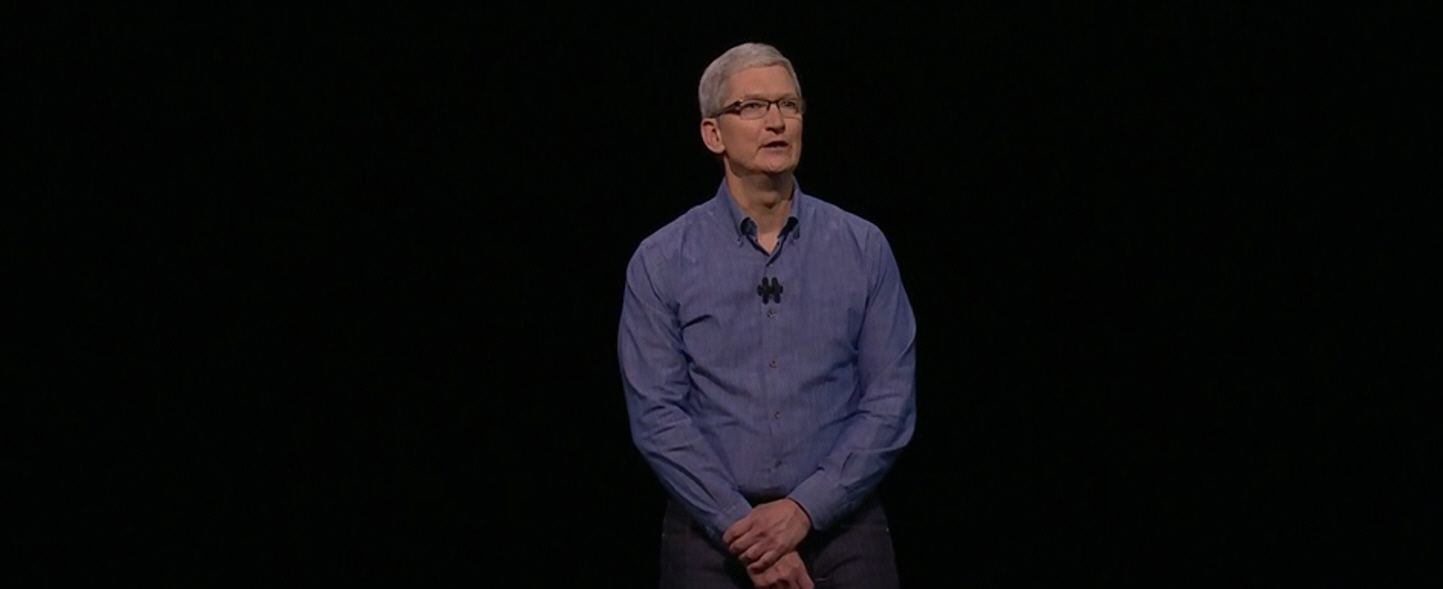
How to watch Apple's WWDC 2016 keynote live on any device including Windows, Linux and Android
Apple's Worldwide Developer Conference kicks off today, Monday 13 June, in San Francisco, with the big keynote speech scheduled for 10am PDT/1pm EST/6pm BST. As always it will be streamed live so you can tune in at home or (maybe) work.
As WWDC is for software developers, Apple doesn’t usually reveal major new hardware -- typically it’s just updated versions of existing products. We're expecting to see makeovers for iTunes and Apple Music, a massively improved Siri, and iOS 10 and macOS 12 (Apple is rumored to be dropping the X from the OS name). There are likely to be some interesting surprises too.
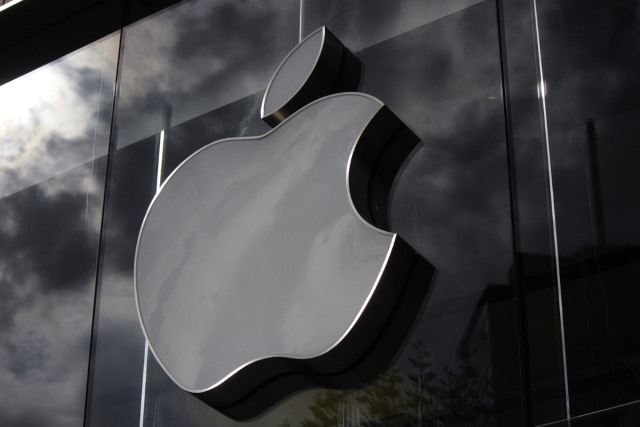
Apple updates App Store with faster app approvals, improved subscription rates... and search ads
Apple has announced a series of major changes to the App Store including speeding up the app review process to get developers' product out there faster. This is something that benefits both developers and users, but developers also have improved subscription rates to look forward to.
The current 70/30 split is changing so that after the first year Apple will take just 15 percent of subscription fees. Subscriptions are also opening up to the full gamut of apps, rather than being restricted to particular categories. But it is the changes that are being made to app discovery that will be the most apparent.
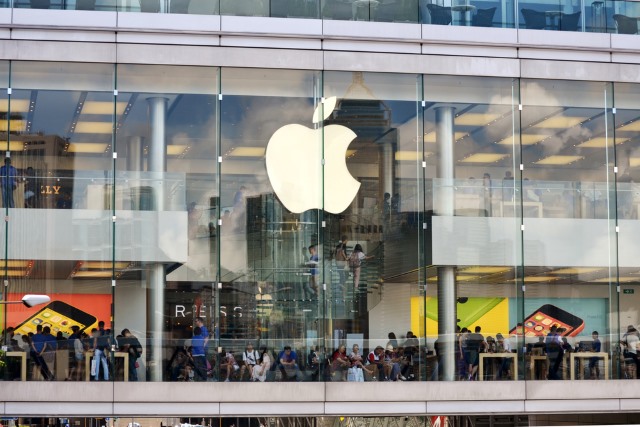
Apple suffers outage that knocks App Store, iCloud, iTunes and more offline
Many of Apple's online services are currently out of action, with the App Store and Apple TV being just two that people are struggling with. Some users are reporting that Apple Music is out of action, but the most common complaint is that App Store purchases cannot be complete.
Apple says that it is aware of the problems and is investigating, but at the moment has given no hint at what the cause might be. The company's System Status page highlights numerous issues, with a fluctuating number of listings tagged "Service may be unavailable for some users". Apple Support's recently launched Twitter account is going into meltdown responding to an endless stream of complaints from users.
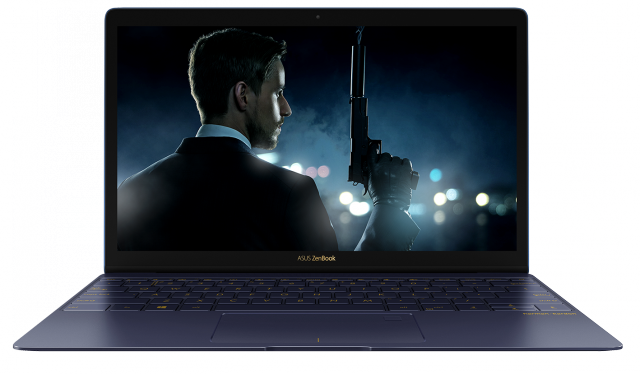
ASUS' new ZenBook 3 is more powerful, lighter than Apple MacBook
It may be among the best looking, smallest and lightest ultrabooks available today, but the MacBook hasn't quite taken consumers by storm. Fortunately, this means that there is room for competitors to make a splash, which is what ASUS is hoping to achieve with its new ZenBook 3.
The MacBook lacks the guts required for more demanding applications, but that looks to not be an issue for the ZenBook 3. The device will be available in a configuration featuring an Intel Core i7 processor, which should deliver a healthy performance boost over the Core m3 and Core m5 processors that the MacBook can be equipped with.
